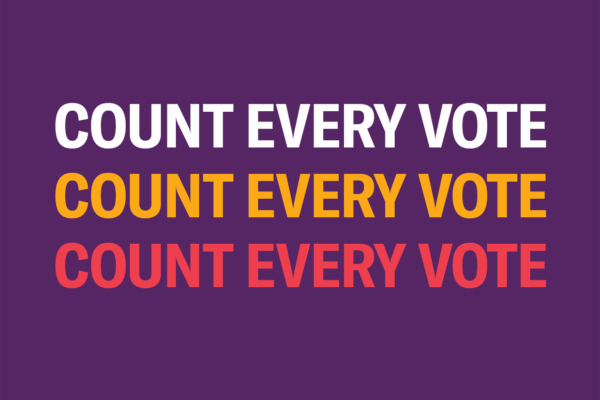Privacy & Technology
The ACLU of Maryland is dedicated to ensuring that civil liberties are protected as technology advances.

Artificial intelligence is playing a growing role in our lives, in private and public spheres, in ways large and small. Machine learning tools help determine the ads you see on Facebook and routes you take to get to work. They might also be making decisions about your health care and immigration status. Government agencies at the local and federal level are exploring, and in many cases already using, automated tools to allocate resources and monitor people. This raises significant civil rights and civil liberties concerns.
Cases, Campaigns & Legislation
Leaders of a Beautiful Struggle v. Baltimore City Police Department
Stay Informed
Sign up to be the first to hear about how to take action.
By completing this form, I agree to receive occasional emails per the terms of the ACLU’s privacy statement.
By completing this form, I agree to receive occasional emails per the terms of the ACLU’s privacy statement.



